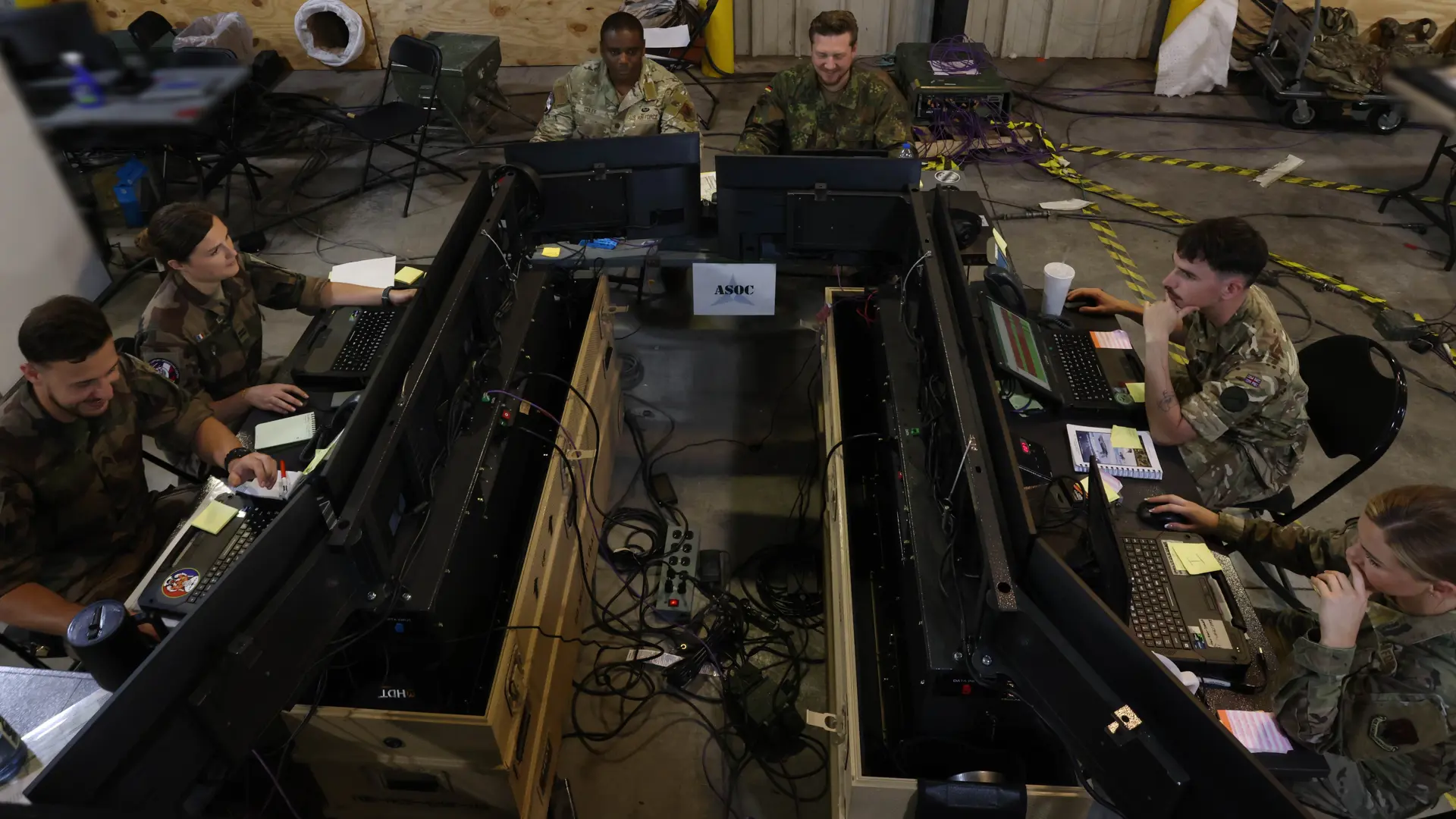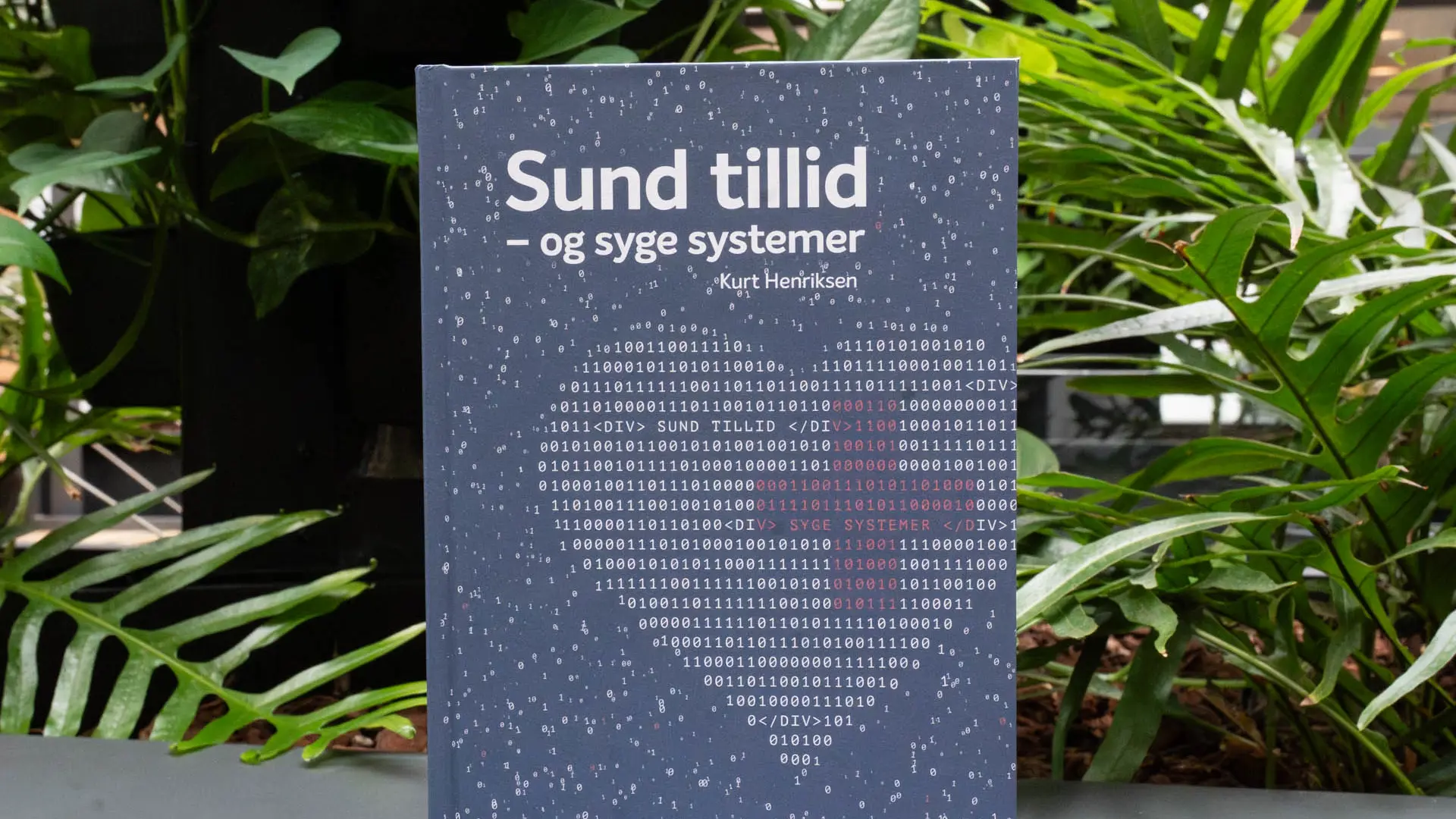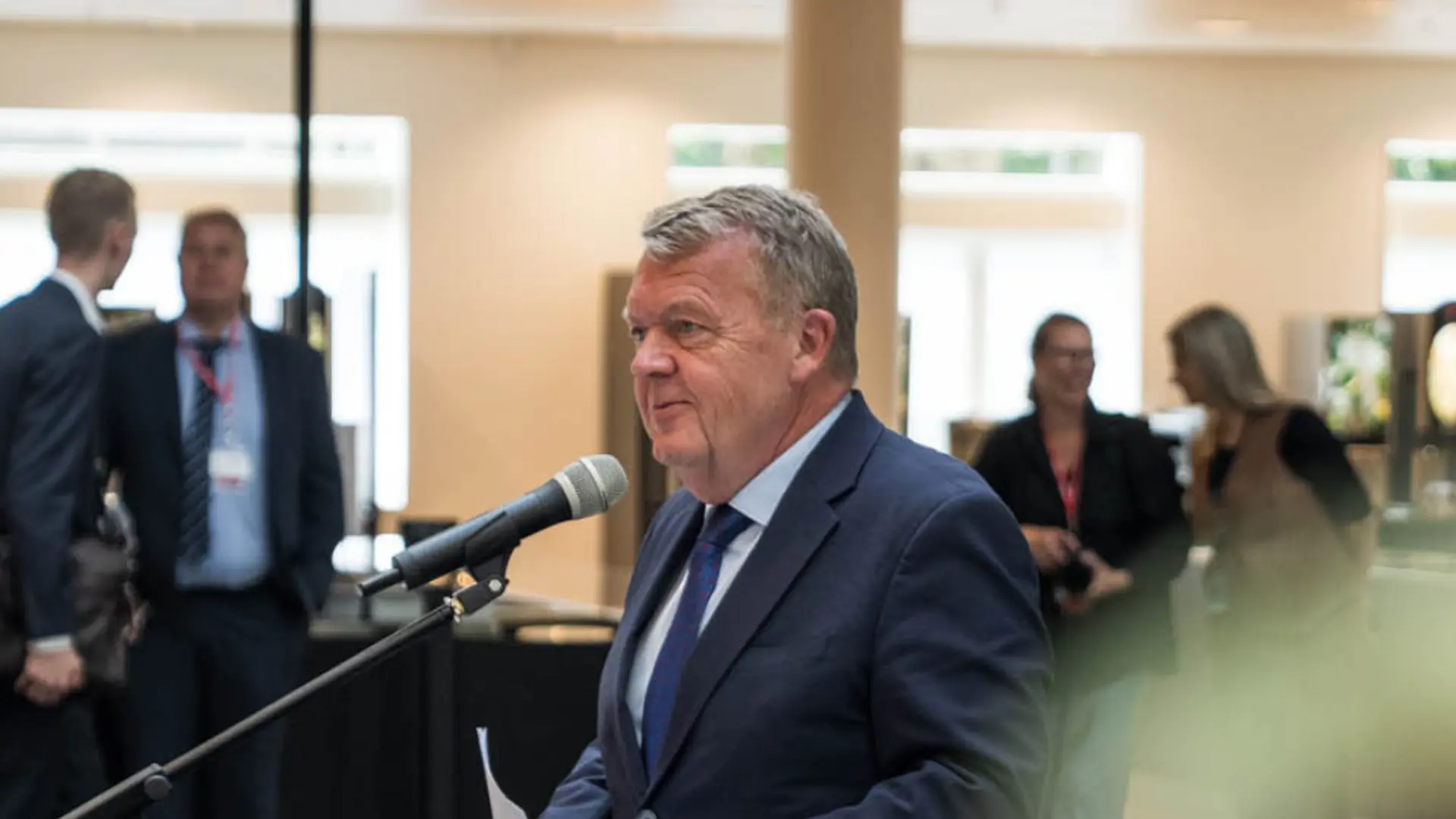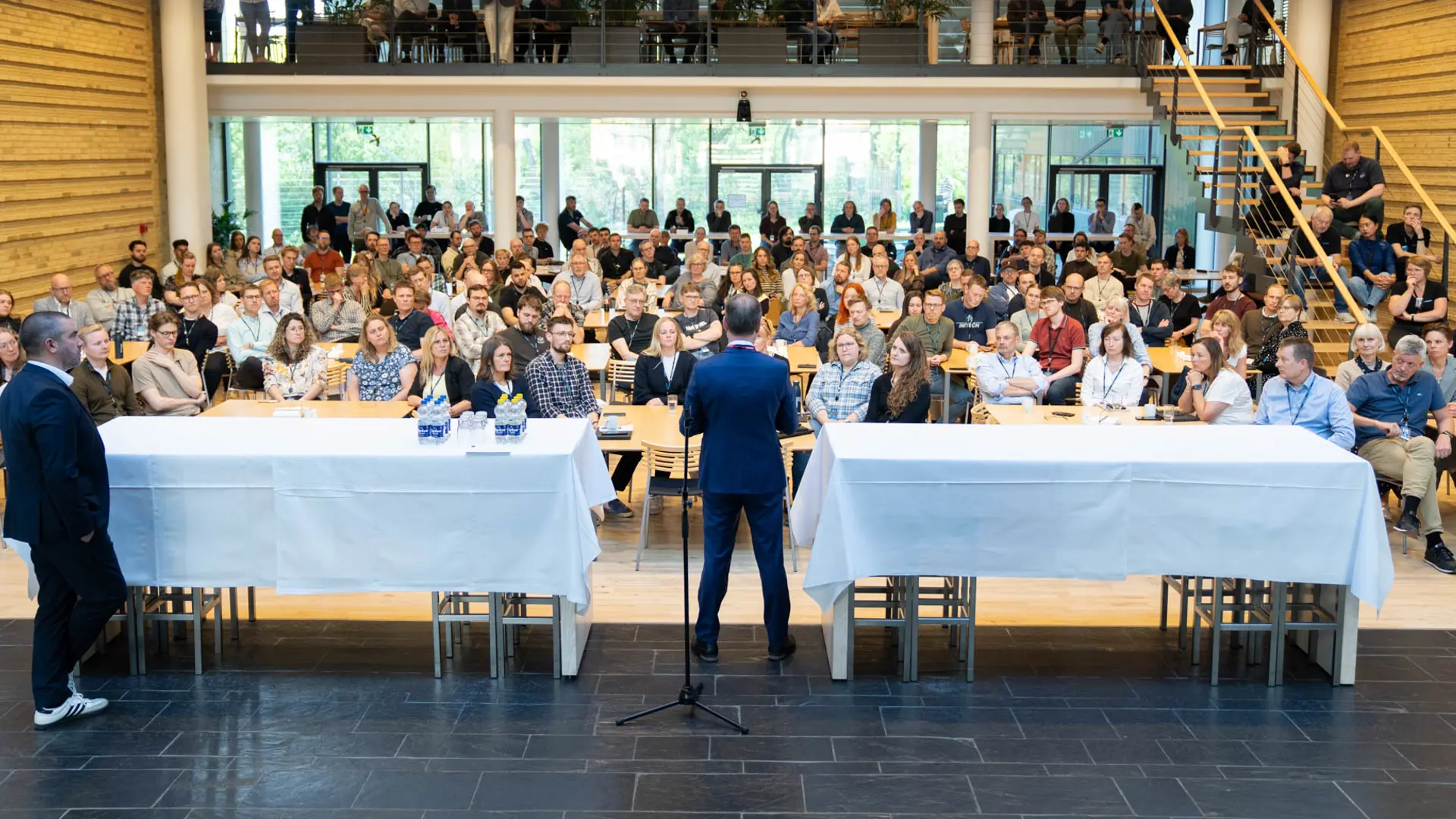Systematic delivers record revenue and strong financial results
The sale of software solutions to the healthcare sector, to defence and to utilities in Denmark and abroad resulted in new record revenue of EUR 173 million and an operating profit (EBIT) of EUR 33 million for Systematic.
In step with the roll-out of software solutions to customers, Systematic is growing both its top and bottom lines and again delivering record revenue and solid financial statements for 2020-2021.
The company’s revenue of EUR 173 million for the financial year is the highest to date in the company’s history, while the operating profit (EBIT) of EUR 33 million has only been surpassed once before in 2017 when Systematic landed its biggest ever single order from the U.S. Army. Of the total revenue, about half stems from exports. The outlook for the coming financial year is a profit which is on a par with the current financial year.
- I regard the company’s latest financial statements as our strongest to date, because we’re seeing organic growth in all business areas, particularly within healthcare and defence. And because a higher proportion of our revenue is still coming from product sales and the maintenance of sold software solutions. It confirms that our strategy of switching to becoming more of a product house is hitting the mark, says Michael Holm, CEO, Systematic A/S.
He is also delighted that the company remains debt-free and financially independent. And with a cash position of EUR 76 million, there is also ample financial scope for product development and new investments.
Focus on core business
– We’ve become much more focused on our core business areas, and are increasingly stepping back from throwing ourselves into projects that fall outside our core expertise. That said, we’re continually investing in new technology, development and product improvements in the segments in which we specialise, says Michael Holm.
– The fact that almost half our revenue comes from outside Denmark is the result of focused international sales efforts directed at both the healthcare and defence sectors. We’re already market-leading within command-control systems for armed forces worldwide, and there is no doubt that the healthcare sector also represents an export market with huge potential for us. Therefore, we’re thrilled that it will once again be possible to travel to our export markets and meet face to face with potential users of our solutions in the health services, he says.
Supporting national infection tracing and increased exports
In Denmark, Systematic delivered the national COVID-19 infection tracing solution, which was developed in the space of only six months in collaboration with the Danish Patient Safety Authority. Since February 2021, the Columna Pandemic Control solution has provided the Danish authorities with a clear overview of how COVID-19 has been developing and contributed to effective infection tracing. In addition, Systematic is behind the development and on-schedule roll-out of the Region of Southern Denmark’s new electronic health record system ‘EPJ Syd’, which is expected to be fully implemented in spring 2022, which is also when ‘EPJ Nord’ will be introduced in the Region of Northern Denmark. Moreover, several IT solutions for the municipal care sector in Denmark are contributing to the company’s financial growth.
Systematic has also won orders from Danish Police in connection with intensified border control and police collaboration with the Schengen countries. Danish libraries have acquired a new tool for optimising their book purchases, and Systematic won the task of developing and running the Danish municipalities’ new health insurance administration solution.
Much of Systematic’s growth comes from the sale of products and services to armed forces in several countries – including Germany and Australia. The U.S. Army is now – and will be for some years – busy rolling out the defence software SitaWare to all their units worldwide as part of a program they have called Command Post Computing Environment (CPCE).
In the autumn, Systematic was criticised in two Danish media for exporting defence software to the United Arab Emirates and was accused of trying to bypass the Danish restrictions on exports to the UAE via its UK subsidiary. East Jutland Police have been asked to investigate the matter.
– We are convinced that we have adhered to the law and been completely transparent vis-à-vis the Danish authorities. If there’s anything positive to say, it’s that we will now have a factual and legal appraisal of the matter, and we’re very happy to contribute in any way we can, says Michael Holm.
Competing for the talents
Systematic’s current projects have not been impacted by COVID-19 due to the important experience which the company gained last year with the virtual implementation of software solutions for customers.
– We’ve become more of a hybrid workplace, and it’s going extremely well with this new way of working, whether it takes place at the office, at the customer or at home. We’re continually learning how we can optimise and improve in this area, says Michael Holm, who acknowledges that recruiting and retaining new employees is a challenge for the entire industry.
– Companies are competing for young talents as well as the older experienced hands. For us, recruitment is an area where we are not prepared to compromise. We absolutely want the best employees at Systematic, because it’s down to them that we can develop innovative and highly specialist software solutions. Unfortunately, it means that it often takes longer for us to fill our vacancies, says Michael Holm.
Systematic has taken on 223 employees in the past year alone, and now employs more than 1,000 people at 11 offices worldwide. Of the new employees, almost 40% have been recruited to the company’s international offices.
2021 was also the year in which Systematic was again confirmed as being one of the best in the world at delivering software solutions at the agreed time, to the agreed quality and at the agreed price. For the sixth consecutive year, the company was CMMI©-appraised at Maturity Level 5 – Optimising. Fewer than 20 other IT companies in Europe can match this.








